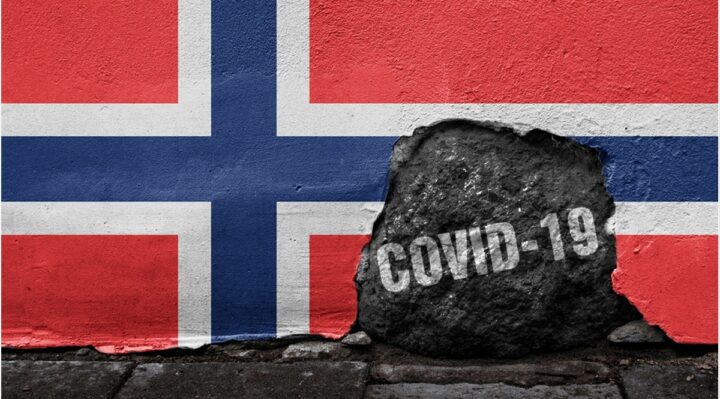Norway has signed a two-year agreement with World Health Organization (WHO) for an amount of 220 Million NOK (US$ 26 million) to support activities aiming at reducing mortality and morbidity from cardiovascular diseases, cancer, diabetes, respiratory diseases, and mental health conditions in low- and middle-income countries.
The WHO Special Initiative for Mental Health is among the actions that will receive funding. It covers Bangladesh, Jordan, Paraguay, Philippines, the Ukraine, and Zimbabwe. Nepal will join as the seventh Special Initiative country.
The Flagship Initiative includes developing equitable pathways of care for non-communicable disease (NCD) in Ethiopia, Ghana, Myanmar, and Nepal, as well as activities related to NCD risk factor reduction, covering tobacco, alcohol, air pollution, unhealthy diets, and lack of physical activity. The Flagship Initiative supports the WHO Safer initiative on alcohol control, work on health taxes on tobacco, alcohol, and sugar.

“Health conditions in low- and middle-income countries are shifting, with non-communicable diseases (NCDs) increasing. However greater awareness of the changing burden of disease has not translated into significant shifts in resources globally. With the Flagship Initiative we hope to mitigate that,” Dag-Inge Ulstein, Norwegian Minister of International Development, said.
NCDs disproportionately affect people in low- and middle-income countries, where more than three quarters of global NCD deaths – 32 million – occur annually, including 12 million between the ages of 30 and 70. NCDs threaten progress towards the 2030 Agenda for Sustainable Development, which includes a target of reducing premature deaths from NCDs by one-third by 2030. According to WHO, only 17 countries in the world are on track to achieve this target.
“Poverty is closely linked with NCDs. As the world is restarting the global economy —moving from locking down societies to locking down the virus – the rapid rise in NCDs is predicted to impede poverty reduction initiatives in low-income countries, particularly by increasing household costs associated with health care,” Ulstein said.
“Covid-19 has exposed and exacerbated the global burden of NCDs and mental health conditions, and although the pandemic will recede, these leading causes of death will continue to cut short the lives of millions of people each year,” said WHO Director-General Dr Tedros Adhanom Ghebreyesus.
“Just as we have effective tools to prevent, diagnose and treat Covid-19, we have effective tools for preventing and managing NCDs and mental health conditions, but they need to be scaled up dramatically in all countries. We’re very grateful for Norway’s support, which will help to save lives, prevent needless suffering and generate massive social and economic benefits for countries.”
“Scaling up services that meet the health-care needs of people with NCDs and mental health conditions, and protect people against the spread of NCDs, are driving progress towards the Sustainable Development Goals for an equal future for everyone and for the benefit of everyone,” said Dr Ren Minghui, Assistant Director-General for Universal Health Coverage/Communicable and Noncommunicable Diseases at WHO.
Concerned with the large and rising number of deaths from non-communicable diseases in low- and middle-income countries, Norway launched its strategy “Better health, Better Lives. Combating Non-Communicable Diseases in the Context of Norwegian Development Policy (2020-2024)” in November 2019.
“Norway is the first donor country in the world with an international development strategy on NCDs and mental health. With this strategy I hope Norway can play a leading role in expanding work on NCDs in international health and development policy as well as ensuring practical action in low-income countries,” said Ulstein.
Adding that WHO has a leadership and coordination role in promoting and monitoring global action against non-communicable diseases. “With this Flagship Initiative we seek to strengthen WHO’s work in this field and continue to be a reliable and strong supporter of the WHO.”
